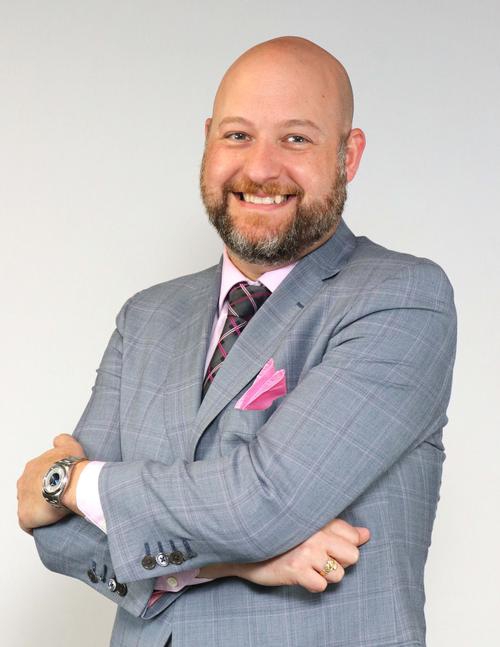
How do I find out if a deceased person had a Will? And how do I make sure my family can find mine?
Unfortunately, this is a question we get a lot that there’s no surefire answer to. A lost Will without a backup copy is the same as having no Will. Sadly, this question comes to us in the most inopportune and tragic moments. When a family member dies suddenly, we haven’t had a chance to think about what comes next. Suddenly, there is panic when trying to find out if the deceased had a Will or estate plan and if so, where it’s located. Because estate planning is one of those “unpleasant things” that no one wants to talk about, families are often left clueless about the existence of documents and their whereabouts.
Even in this age of technology, Wills are an old-fashioned concept, around for hundreds of years, and they must be on old-fashioned paper. Signed with ink, witnessed, notarized, and then stored somewhere. There’s no database of estate plans, no “Google” or “Wikipedia” that can help you find out where it is, or if it exists at all. So how do you find out if a deceased person had a Will, and where it’s located?
Here are the top five tips I’ve discovered after 20 years of doing this work.
1. Drawers and file cabinets. As I said, Wills are an old-fashioned concept, and we must store the physical document. There must be a folder, a binder, a stack of paper, or a manilla envelope. Most people have a place in their homes where they store their important papers. Think about life insurance policies, tax returns, and bank records. If the person had a Will, it’s likely stored with these other documents. Search bedroom drawers, file cabinets, and boxes under beds. If you find life insurance papers, financial documents, and no Will, then it’s probably not in the house.
2. The attorney’s office. Is there a known attorney that the family worked with? Is there anything in the home with a law firm’s name on it? Like newsletters, refrigerator magnets, mugs, or books? Call them. They may have the original Will at their office or in a storage facility. Lawyers are limited in what they can and cannot tell you, because of attorney-client confidentiality rules, but most will legitimately want to help you and can confirm or deny whether or not the Will is in their possession.
3. A safety deposit box. Again, a bit of an old-school thing - most young people don’t even know what a safety deposit box is. For anyone that doesn’t know, it’s a storage box in a bank that you can rent out. You can keep important papers and property in the box, and it is stored at the bank, with the bank’s security to protect it. Some banks give out keys and others have an internal system where only someone who is named on the account can get access. If someone has a safety deposit box, that’s the perfect place to look for their Will. If you know there’s a box, but you don’t have access to it, the court can grant special permission to open it, solely to locate the person’s Will.
4. The probate court. It’s not very common anymore, but the court will hold someone’s Last Will for “safe keeping” if they pay a fee to the court for holding it. This doesn’t happen much anymore, however, lawyers that retire or sell their practice sometimes use this method. If a lawyer is holding original documents for a client but doesn’t have an address where they can return the original documents to the client when the attorney retires, the attorney can turn the documents over to the court for safekeeping. With the technology of today, including email and online address information, most lawyers don’t find themselves needing this option anymore. Still, if all else fails, it’s worth a shot to call the probate court.
5. A document service. Estate planning attorneys (well, the good ones anyway) offer a way for you and your family to have electronic access to your documents 24/7. My firm uses DocuBank to provide this access, and we give our clients a card to carry in their wallets. If you have an accident or sudden illness and arrive at the hospital unconscious, the card gives your medical providers access to your documents and your emergency contacts.
Try all the steps above, and you give yourself the best chance of finding your loved one’s Will. As for your own estate plan, ask your estate planning lawyer if they have an option like DocuBank. At my firm, it has saved the day many times. If your estate attorney doesn’t use them, get yourself a new estate attorney.
Do you have your Will prepared if the unexpected were to happen to you? Stop putting off your estate plan and schedule a Strategic Planning Session with us today.

